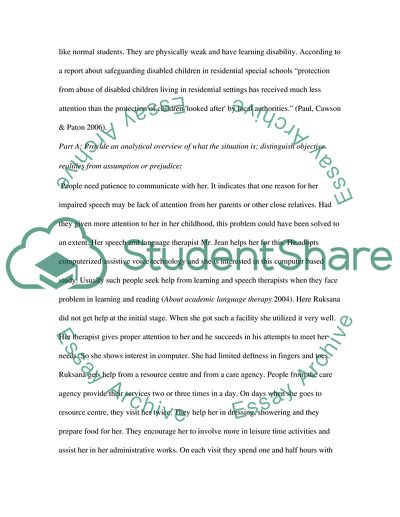Cite this document
(“(SOCIAL WORK) Social Circumstances Report - Case Study Essay”, n.d.)
Retrieved from https://studentshare.org/miscellaneous/1555668-social-work-social-circumstances-report-case-study
Retrieved from https://studentshare.org/miscellaneous/1555668-social-work-social-circumstances-report-case-study
((SOCIAL WORK) Social Circumstances Report - Case Study Essay)
https://studentshare.org/miscellaneous/1555668-social-work-social-circumstances-report-case-study.
https://studentshare.org/miscellaneous/1555668-social-work-social-circumstances-report-case-study.
“(SOCIAL WORK) Social Circumstances Report - Case Study Essay”, n.d. https://studentshare.org/miscellaneous/1555668-social-work-social-circumstances-report-case-study.


